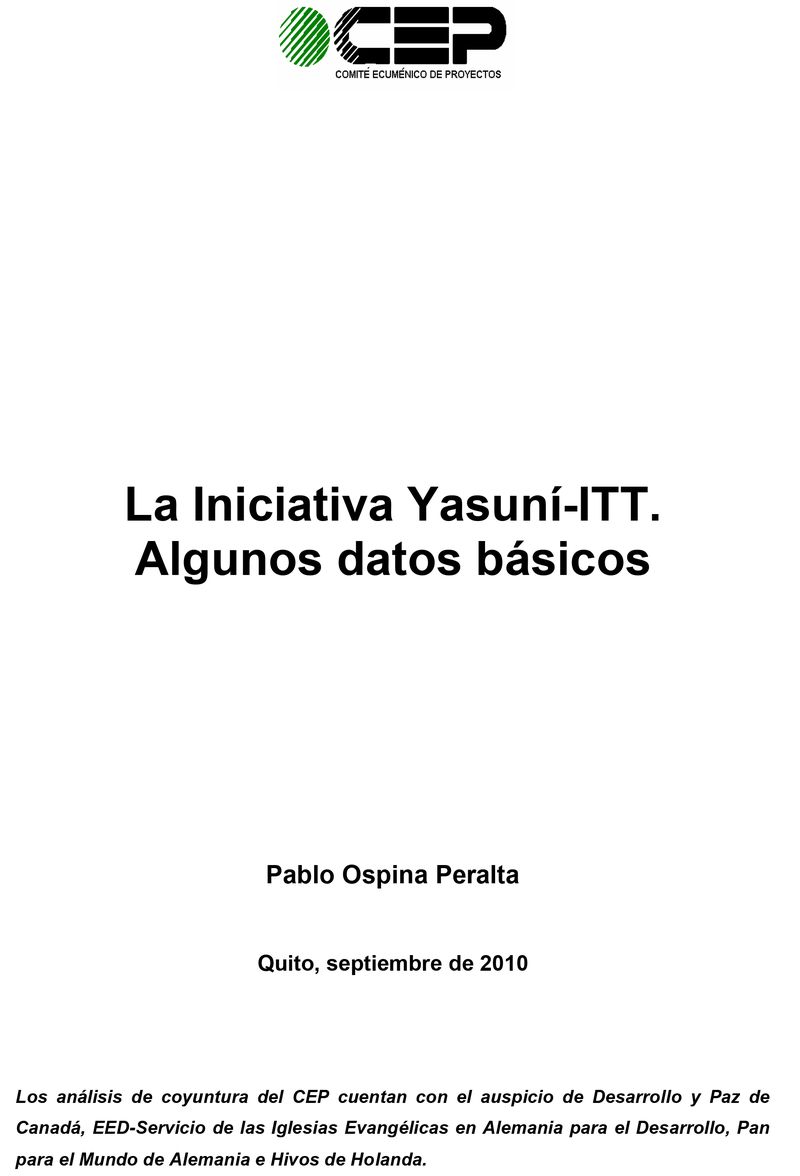Social Capital, Trust, and Well-being in the Evaluation of Wealth
This paper combines theory with data
from different domains to provide an empirical analysis of
the scale and variability of social capital as wealth. The
analysis is used to argue, given what has been learned from
the literature on social capital, that the welfare returns
to investing in trust could be substantial. Using data from
132 nations covered by the Gallup World Poll, the paper
presents a range of estimates of the wealth-equivalent




